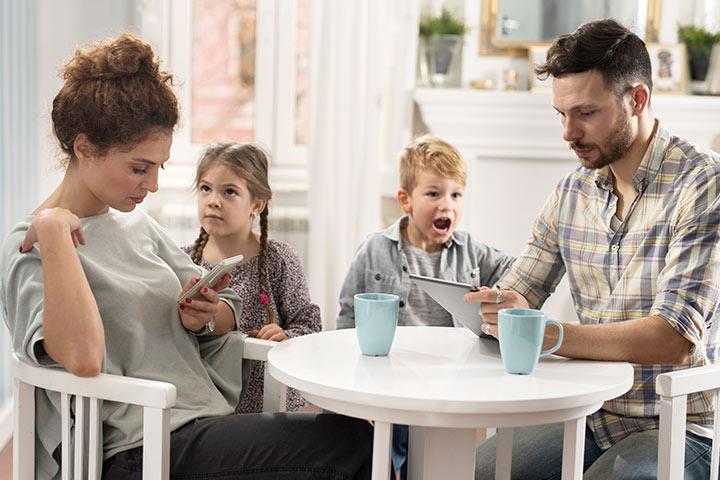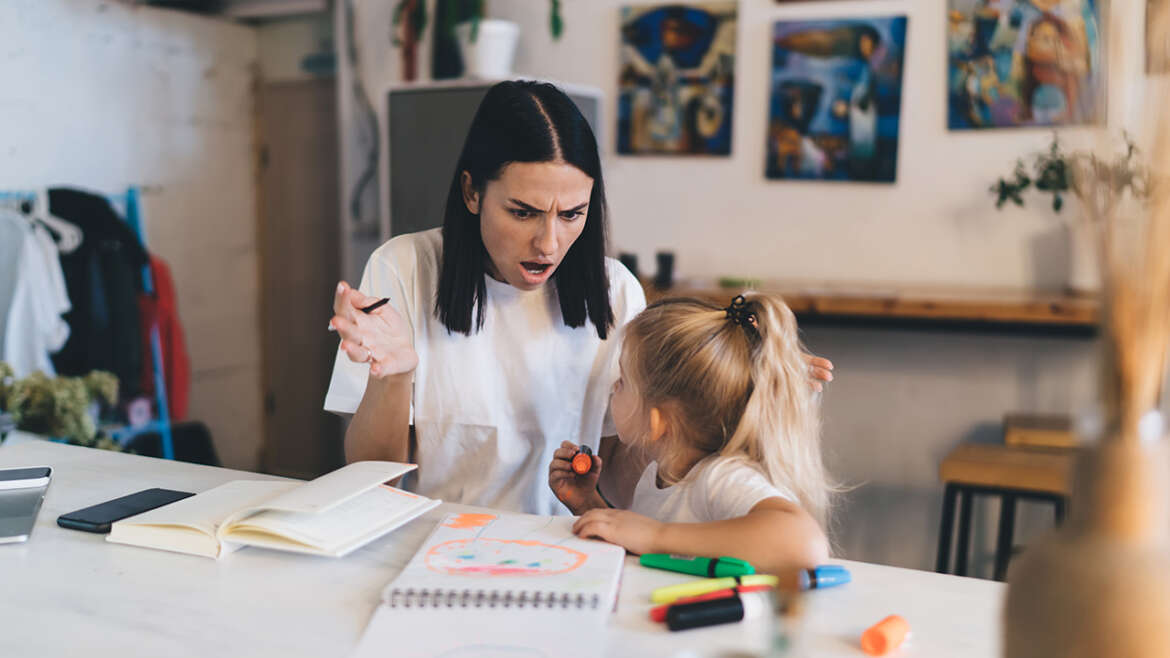Every day, parents make countless decisions, display numerous behaviours, and set various examples for their children. Often, these actions are done without much thought, but their impact on a child’s confidence can be profound. This article delves into how parental behaviour affects children, both positively and negatively.
The Depth of Parental Influence on a Child’s Psyche
 From the moment a child is born, they are like sponges, absorbing every interaction, every word, and every behaviour exhibited by their parents. These formative years are crucial in shaping a child’s self-worth, self-esteem, and overall confidence. For instance, a simple smile from a parent when a child accomplishes a task can be the difference between them trying it again or shying away from it in the future.
From the moment a child is born, they are like sponges, absorbing every interaction, every word, and every behaviour exhibited by their parents. These formative years are crucial in shaping a child’s self-worth, self-esteem, and overall confidence. For instance, a simple smile from a parent when a child accomplishes a task can be the difference between them trying it again or shying away from it in the future.
Positive Parental Behaviours: Laying the Foundation for Robust Confidence
- Consistent Affirmation: Regularly affirming children is more than just praising them. It’s about recognizing their efforts, no matter how small. For instance, if a child spends hours drawing, even if it’s just scribbles, acknowledging their dedication can boost their confidence.
- Active Listening: This goes beyond just hearing words. It’s about understanding emotions and underlying messages. When a child talks about their day at school, asking probing questions and showing genuine interest can make them feel valued.
- Setting Boundaries: Children need to know their limits. It’s not about restricting them but guiding them. For example, setting a bedtime isn’t just about ensuring they get enough sleep. It’s also about teaching them discipline and the importance of routines.
Negative Parental Behaviours: Subtle Actions that Can Undermine Confidence
 Inconsistent Discipline: Children thrive on consistency. If one day they’re allowed to eat sweets before dinner and the next day they’re punished for it, they become confused. This inconsistency can lead to anxiety and a lack of trust in their judgment.
Inconsistent Discipline: Children thrive on consistency. If one day they’re allowed to eat sweets before dinner and the next day they’re punished for it, they become confused. This inconsistency can lead to anxiety and a lack of trust in their judgment.- Over-Criticism: Imagine being told every day that your efforts aren’t good enough. Over time, this can erode a child’s self-belief. Instead of saying, “Your room is still messy,” try “You did a good job, but let’s try to make it even cleaner next time.”
- Comparing to Siblings or Peers: Every child is unique. When parents compare, it can make a child feel inferior. Statements like, “Your cousin is always top of his class, why aren’t you?” can lead to long-term self-esteem issues.
The Ripple Effect: The Long-Term Consequences of Parental Behaviour
Parental behaviour doesn’t just affect children in the moment. These behaviours can have long-lasting effects, shaping a child’s confidence and self-perception well into adulthood.
- Positive Reinforcement: Children who receive consistent positive reinforcement tend to grow into adults with a strong sense of self-worth. For example, a child who’s always been encouraged to pursue their passions may grow up to be an adult who’s unafraid to chase their dreams.
- Neglect and Disregard: Children who feel neglected or disregarded might struggle with self-worth as adults. They may constantly seek validation, leading to unhealthy relationships or behaviours. For instance, a child who’s always been ignored might become an adult who’s overly eager to please others at their own expense.
Tips for Parents: Cultivating an Environment of Growth and Confidence
 Be Mindful of Your Reactions: Every reaction sends a message. Before responding to a child’s actions, consider the long-term impact of your words. Instead of showing frustration when they spill milk, use it as a teaching moment about being careful.
Be Mindful of Your Reactions: Every reaction sends a message. Before responding to a child’s actions, consider the long-term impact of your words. Instead of showing frustration when they spill milk, use it as a teaching moment about being careful.
Open the Lines of Communication: Encourage open dialogue. Let your child know they can come to you with any problem, no matter how big or small. This not only fosters trust but also helps them develop problem-solving skills.
Apologize When Necessary: Admitting mistakes isn’t a sign of weakness. It shows maturity and teaches children the importance of taking responsibility. If you overreact to a situation, sit down with your child, explain why you reacted that way, and apologize.
Conclusion: The Power of Parental Behaviour
Parental behaviour affects children in ways that are often unseen but deeply felt. By being mindful of their actions and reactions, parents can play a pivotal role in shaping their child’s confidence. Remember, every interaction is an opportunity to either build up or tear down. Choose wisely, and watch as your child flourishes with a strong sense of self-worth.
FAQ: Parental Behaviour and Its Impact on Children
- Why is parental behaviour so influential in a child’s life? Children naturally look up to their parents as role models. The behaviours, attitudes, and reactions of parents serve as a primary blueprint for how children perceive the world and themselves.
- Can negative parental behaviours be reversed in their impact on a child? Yes, while negative behaviours can have lasting effects, with consistent positive reinforcement, open communication, and therapy if needed, the adverse impacts can be mitigated or reversed.
- How can parents ensure they’re positively influencing their child’s confidence? Self-awareness is key. Parents should regularly reflect on their actions, seek feedback, and be open to change. Attending parenting workshops or reading up on child psychology can also be beneficial.
- Are there specific ages when children are more susceptible to parental influence? While parental behavior affects children throughout their lives, early childhood and adolescence are particularly impressionable periods. However, it’s never too late to make a positive impact.
- How can parents handle mistakes they’ve made in the past? Acknowledgment is the first step. Apologizing to the child and explaining the intention behind the action can help. Moving forward, parents can commit to positive change and perhaps seek family counseling if needed.
- Is it possible for children to develop confidence independently of their parents’ behaviour? While parental behaviour plays a significant role, children can also be influenced by teachers, peers, and other experiences. A supportive environment outside the home can help bolster a child’s confidence.
- How can parents support each other in fostering positive behaviours? Open communication between co-parents is crucial. Regularly discussing parenting strategies, attending workshops together, and being each other’s sounding board can make a significant difference.
Want to learn more about what area in your child’s life needs the most support? Take our Breakthrough Area Assessment now by clicking the link below.



